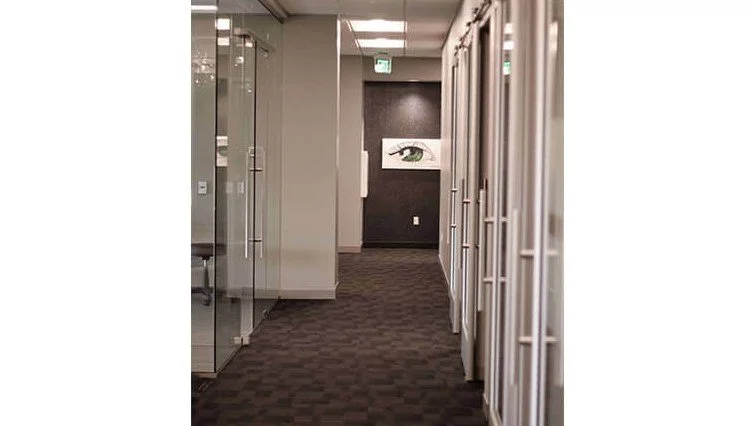Demystifying Cataracts: Answering Some of the Most Common Cataract Questions
Surgery on the eyes often feels like a scary topic of conversation for most patients. Because of this, when patients are told they have cataracts and need to have them removed, it can leave them with a feeling of trepidation. However, due to the incredible advances in technology, coupled with the expertise of Dr. Tendler, ART Vision patients can rest assured that their eyesight is in exceptional hands! One of the main things we love to do at ART Vision is educate our patients! Education can help bridge the gap between that feeling of apprehension to the feeling of confidence that your best vision is ahead of you!
First of all, what is a cataract? The lens is one of the several important parts of the eye; its job is to focus light to the retina which allows us to see clearly. When we are young, these lenses are very flexible, and can easily adapt their focusing power. As we age, the lens starts to become dysfunctional. This means they do not work as well as they once did: they become stiffer and more dense, and have more difficulty accommodating to provide focus. Chemical changes also occur, and naturally occurring proteins in the lens begin to cause cloudiness. The clouding of this lens is known as a cataract. There are several different types of cataracts, but they all share the same defining feature: the normally clear lens gets cloudy, and in turn can cause blurry vision. Age and other medical conditions can increase the risk of cataracts. Other risk factors of cataracts include diabetes, smoking, obesity, high blood pressure, previous eye injuries or surgeries, prolonged use of certain medications, and exposure to sunlight or ultraviolet (UV) radiation.
Often, patients with cataracts describe their vision as looking through a cloudy or foggy window. This cloudy vision can make it difficult to perform daily tasks, such as watching television, reading street signs, or driving at night. Initially, changes in eyeglasses or contact prescriptions may help, but as the cataract progresses, these activities get more difficult, and prescription lens changes no longer help. If these changes in vision begin to interfere with your daily activities, you may need cataract surgery.
If you have symptoms of cataracts, we offer either in-person or virtual consultations and examinations. During this evaluation, our team works together with Dr. Tendler to assess your cataracts as well as the overall health of your eyes. During this process, we will educate you on the best lens options for your lifestyle. Dr. Tendler offers different types of lens options to help you get the most out of your vision.
Basic cataract surgery will give you an improved quality of vision, but you will still likely require glasses for distance and near tasks.
Refractive cataract surgery uses advanced technology to give you the special opportunity of enhanced quality of vision while also minimizing your dependence upon glasses for all distances, including reading.
The surgery itself is a safe and effective procedure. At ART Vision, Dr. Tendler performs your cataract surgery in our state-of-the-art, in-office surgery suites. Our boutique-style clinic offers a safe, personal environment with experienced, friendly staff who care for you throughout the entire process: from your preoperative evaluation, through surgery, into recovery, and beyond. The continuity of care can alleviate much of the anxiety associated with undergoing surgery. While some hesitance is understandable, most patients report that cataract surgery is one of the best things they have ever done. If you believe you have symptoms of cataracts or would like to find out how you can be more independent from your glasses or contacts, contact our office for an in-person or virtual evaluation!

